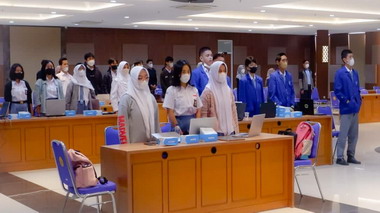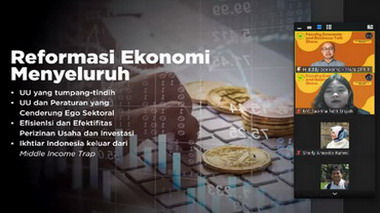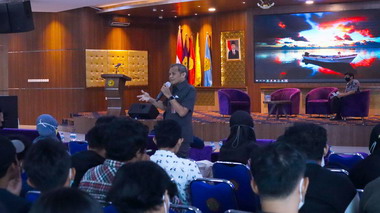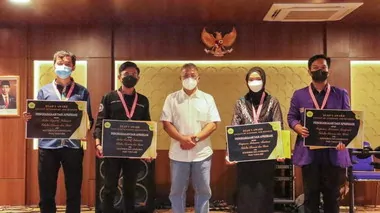Myths Versus Facts in the Palm Oil Industry
- Admin
- News
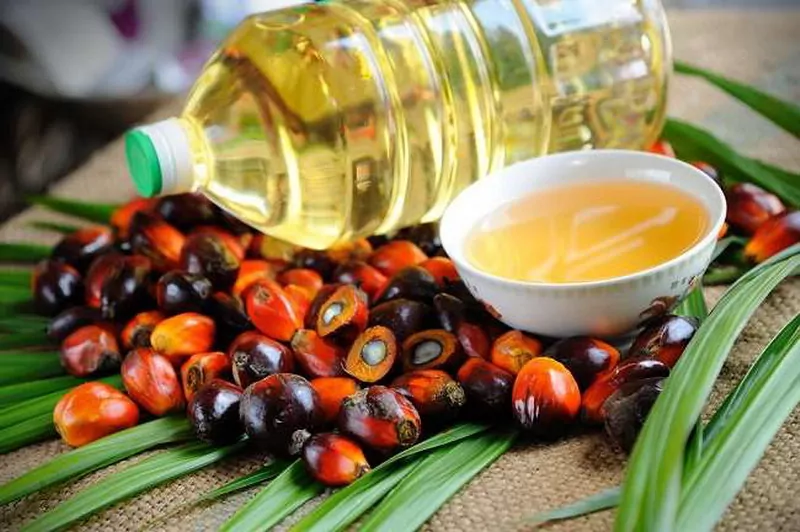
a
FEB, UNPAK — Indonesia once triumphed as the world's spice producer, and the second largest sugar producer in the world after Nicaragua. Now, only memories for our nation's generation. Will Indonesia rise again?
In this National Seminar, he discussed the latest developments in the Indonesian palm oil industry with the theme "The Strategic Role of the Indonesian Palm Oil Industry and Myths Versus Facts".
The National Seminar was held at the Unpak Rectorate Hall (22/12/2015) organized by PASPI (Palm Oil Agribusiness Strategic Policy Institute) with the Student Council of the Faculty of Economics, Pakuan University.
In front of 100 students as seminar participants Dr.Ir.Jan Horas V Purba who represented the Dean of the Faculty of Economics, Pakuan University, Dr. Hendro Sasongko, MM.,SE.,Ak said that in this context students understand the role of national comedians from Indonesian palm oil products now and in the future.
PASPI Executive Director Dr.Ir. Tungkot Sipayung as a resource person accompanied by moderator Fahruji Ixcwan Dani, that the Indonesian Palm Oil Industry is in global socio-economic and environmental issues.
Actually, the participants of this seminar need to know “that the ancestors of oil palm came from the city of Bogor”, now this is a never ending issue in the development of oil palm in Indonesia.
The growth of oil palm plantations in Indonesia continues to increase from 300 thousand hectares to 10 million hectares, this is also the result of the management of palm oil, such as Cooking Oil, Oleochemicals, Margarine, Detergents, Biodiesel.
So that the myth about oil palm plantations has a small impact on the economy in fact it is a fact that oil palm plantations have a broad impact (economic locomotive) in the economy.
So far, palm oil has always been rumored to be negative. Palm oil is considered to absorb a lot of water and disturb the balance of the environment, but in fact this is not true. In fact, there are more benefits than bad effects on environmental damage.
PASPI's role as a thing-thank for the palm oil industry with a strategic policy focus will prepare academic and independent ideas as the basis for decision-making at the level of oil palm farmers' organizations, companies and the government.
The steps that PASPI will take in the future are reviewing/redesigning palm oil strategic policies (policy research), disseminating it to associations, promoting policy formulation to the government and preparing scientific foundations for international campaigns on oil palm.


